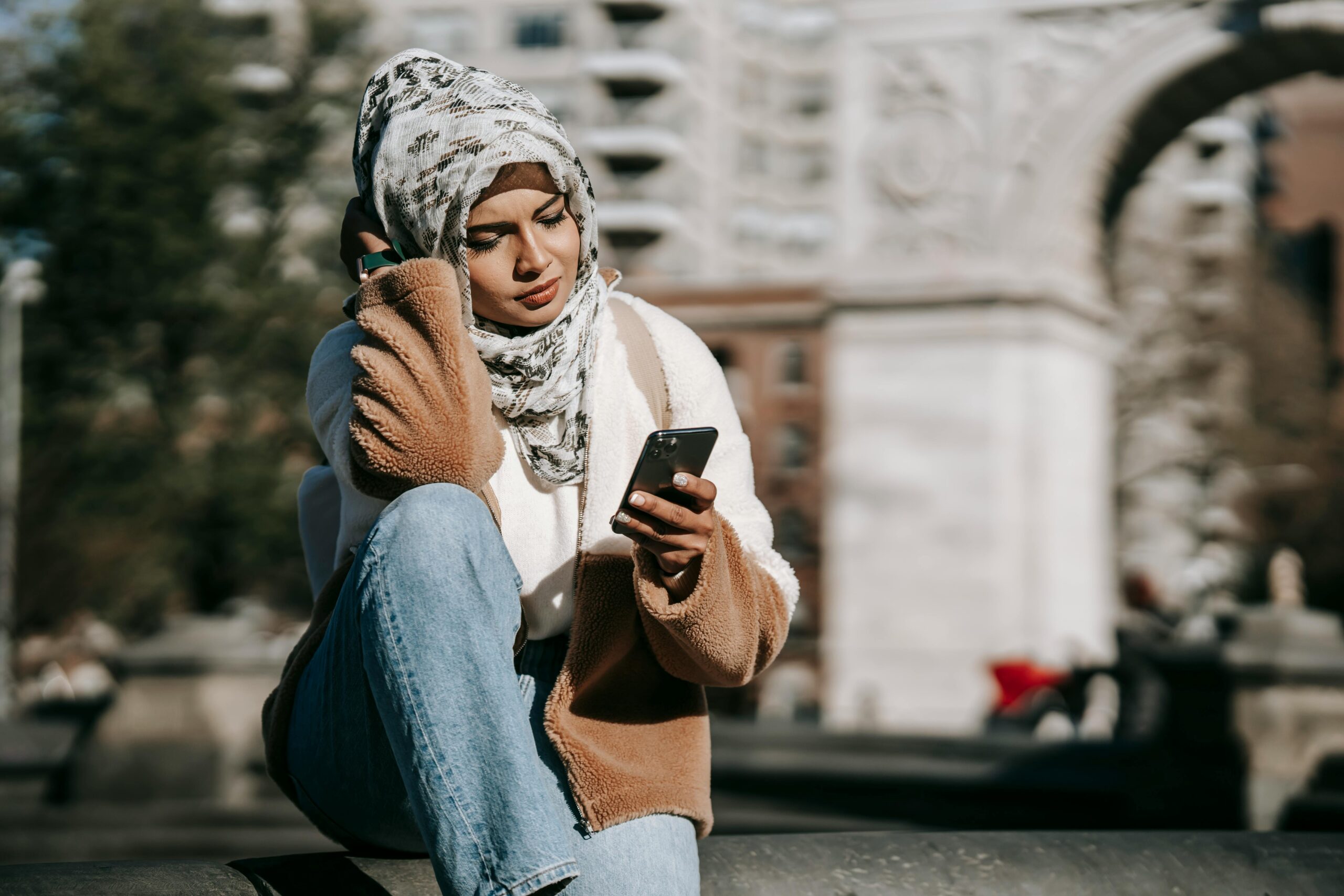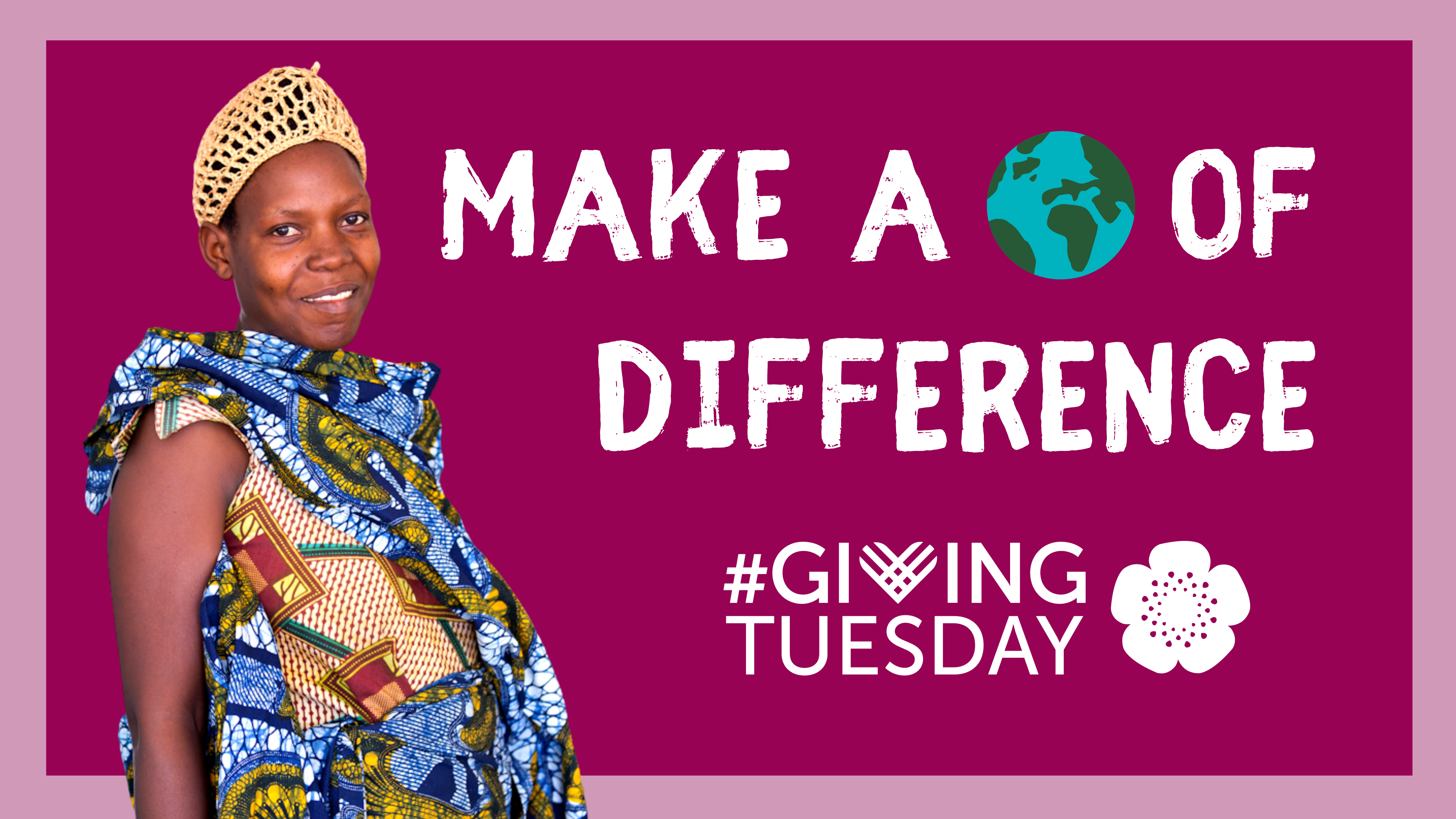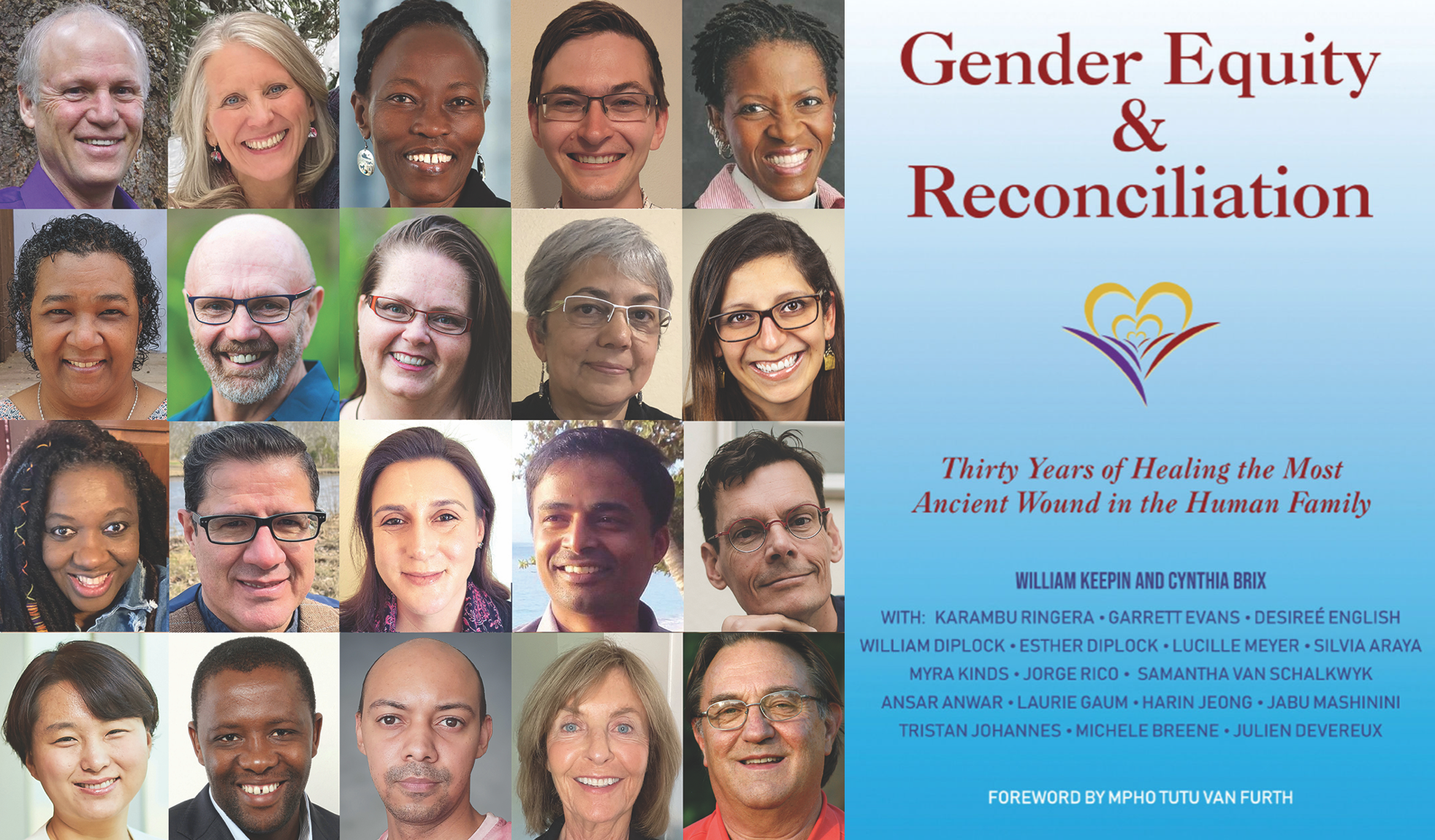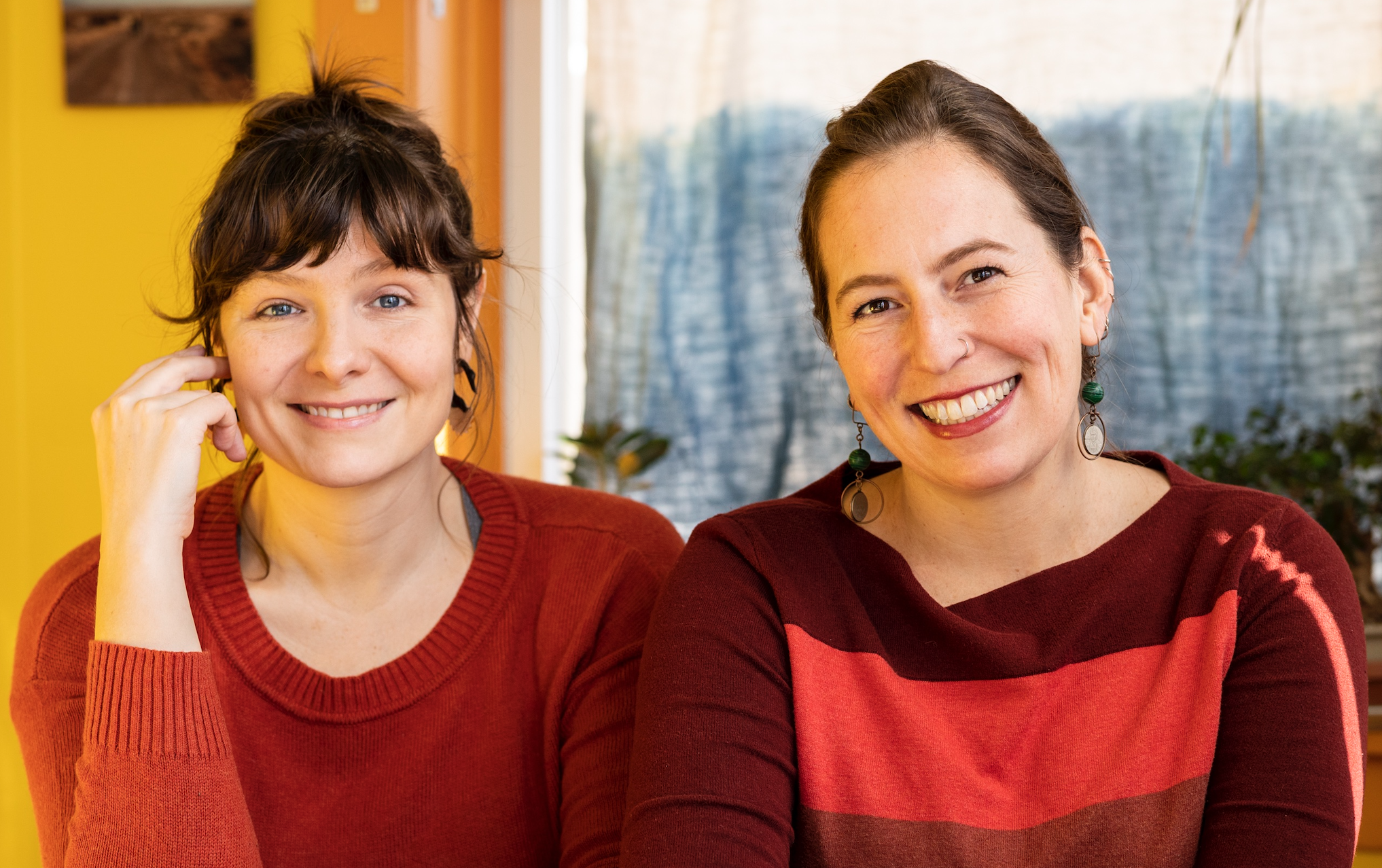
In India violence against women is very pervasive and well-known. After the gang rape of a young woman on a Delhi bus in 2012 which went viral around the world, many other forms of physical and sexual violence started getting more public attention by the media and online.
These types of attacks are not news, but now that there is an increased awareness globally, we are seeing lots of government and community initiatives taking root to tackle the issue. But the issue isn’t necessarily getting better, it is just that we are seeing an influx of reporting by women who are empowered by the many voices bold enough to speak about issues that are normally seen as taboo in this conservative culture.
Violence against women is increasing. According to the National Crime Records Bureau, an average of 92 women are raped in India every day. The total number of reported rapes rose to 33,707 in 2013 from 24,923 in 2012.
The UN Population Fund also published a study called Masculinity, Intimate Partner Violence and Son Preference in India which said 52% of women surveyed had experienced violence during their lifetime, and 60% of the male respondents said they had acted violently against their wife or partner.
One common form of physical violence specific to countries like India and Pakistan is acid attacks. In 2014 it was reported that 309 people became the victims of this vicious form of violence which doesn’t seek to kill, but to disfigure and ostracize the victim from society. The overwhelming majority of victims are women, but men are certainly affected as well.

In the past there has been a distinct lack of legislation and punishment even when an attack is reported. In 2013 the supreme court ordered the government to limit over-the-counter acid sales to people over 18 who provided identification and a reason for the purchase, and stipulated that about £4,000 should be paid to survivors within 15 days of the attack for preliminary medical care. However enforcement is limited, reports the Guardian.
“Around a third of attacks are due to spurned advances, jealousy. Elsewhere in the world it is often about land disputes or family rivalries. In India it is more to do with male egos,” said Mukul Varma, director of the north India chapter of the AFSI.
An activist organization based out of Delhi called Stop Acid Attacks is one of the loudest voices aiming to raise awareness and help survivors get back on their feet after an attack. Aside from campaigns, videos and articles, they have also created an awesome and long-term solution for the women who have been cast out by their families and communities.
In 2014 they opened Cafe Sheroes in the city of Agra, where men and women from all over the world come to marvel at one of the wonders of the world: the Taj Mahal. Now we have another reason to pay a visit!
Stop Acid Attacks together with the Chaanv Foundation get their survivors to run the cafe and spread awareness about the problem of acid attacks. Aside from the cafe, there is a library, a community radio station, and a small boutique that showcases the designs of one of the survivors Rupa.

“The idea behind opening this cafe was not only to run a business but also to run an activity center to spread awareness. People think that acid attack victims are from the outer world. Sheroes is an effort to make them believe that they are from this world only. Since we as a society are responsible for their scars, it is our responsibility to fix it and bring them into the mainstream of society,” Ashish Shukla, a lead campaigner for Stop Acid Attacks, told Al Jazeera.
The idea is to rehabilitate the survivors back into mainstream society and enable them to be financially independent. Marriage is highly valued in Indian culture, and a woman who is disfigured is considered “unwanted”. Without the security that often comes with marriage for some Indian women, these acid attack victims have had to find other ways to continue living, and the SAA organization provides that.
“Most of these survivors are unlikely to get married. Hence, making them self-reliant is important so that they find a place in the mainstream [society],” added Ashish Shukla.
“The primary focus has been to create awareness. We show [society] that nothing is wrong with [these victims],” said Alok Dixit, the founder of Stop Acid Attacks to the Wall Street Journal.

Alok said his team work with each of the women to break down barriers and enable them to have to confidence to go out in public and speak about the lasting effects of acid attacks.
In the first 6 months of its existence, Cafe Sheroes saw over 5000 customers come through its doors, proving the attitudes toward acid attack victims are certainly changing with more awareness being driven home.
Many of these women never went out in public or would cover their face at all times before getting involved in Stop Acid Attacks and Cafe Sheroes. This initiative has given them value, purpose and an identity beyond the social constraints of society.
Ritu Saini, 20, is the cafe’s floor manager, and a survivor of a vicious attack by a male cousin 3 years ago who became angry at her after she rejected his romantic advances. After 10 reconstructive surgeries and losing one of her eyes, Ritu is proud of her journey and her appearance and encourages other women to do the same.
“I want every girl to believe in herself. Now, I am busy. I am forgetting. I don’t care to know why he did it,” she said.

Geeta Mohar, 24, was attacked with acid by her husband while she was sleeping with her two infant daughters because she failed to bear him a son. The youngest daughter tragically died while the older lost her sight. She says this cafe has given her a new lease on life.
“Life became very difficult. We were ostracized by society. No one would talk to us and there was a lot of harassment. [Cafe Sheroes gives] dignity and a sense of purpose in life. Now we feel we have a family and loved ones. We try not to remember our past and we feel positive and feel that future will be good,” said Geeta.
It’s not just the employees who see the power of this place, but also the customers who pass through its doors.
“These people are fighters and they don’t give up. They are not victims,” said a tourist from Brisbane, Australia who visited Cafe Sheroes.
Instead of allowing these women to remain as victims on the margins of society in India, Cafe Sheroes is enabling them to be powerful voices in the Agra community, raising awareness and changing perceptions along the way.
So far the cafe has not turned any significant profit, but now that awareness is on the rise and it is clearly a draw card, Stop Acid Attacks directors are looking to implement more of a business model in the future. If you plan on making a visit to the historical city of Agra, India in the future, we implore you to make time to visit Cafe Sheroes and support this wonderful initiative.


















2 thoughts on “This Cafe In India Employs Acid Attack Survivors, Giving Them A New Lease On Life”